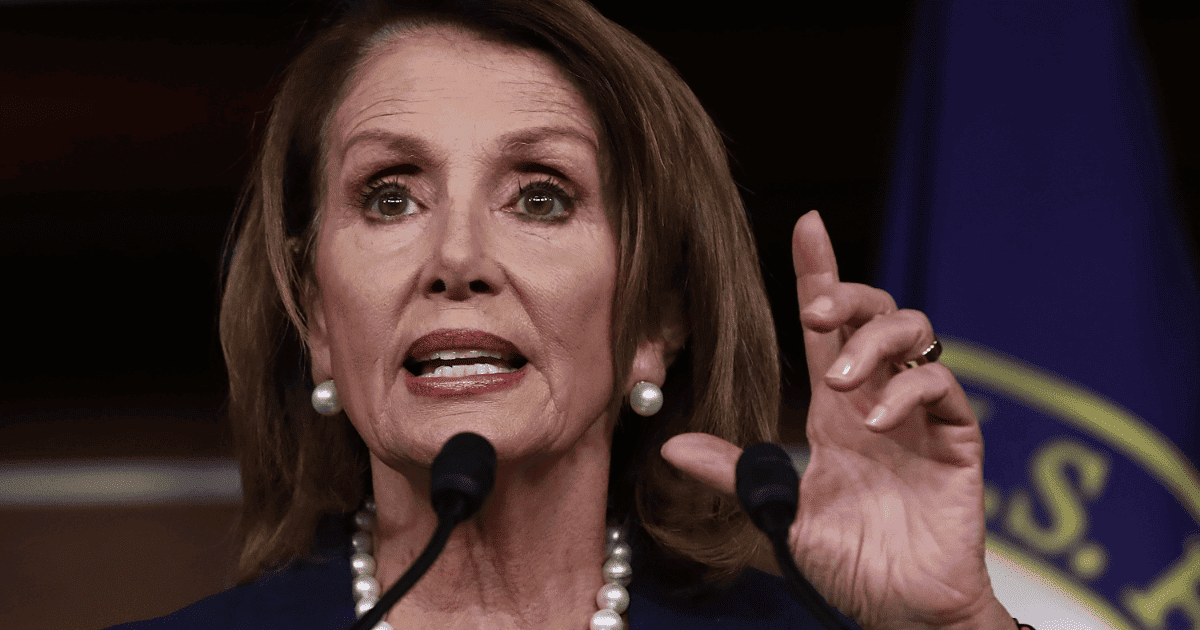There has been lots of controversy and discussion about a video of House Speaker Nancy Pelosi circulating online. It to show Speaker Pelosi as apparently unwell, or drunk. It was false, edited to look like that. YouTube chose to take the video off its platform but Facebook did not. In her recent New York Times column, Kara Swisher blasted the social media giant’s decision.
The only thing the incident shows is how expert Facebook has become at blurring the lines between simple mistakes and deliberate deception, thereby abrogating its responsibility as the key distributor of news on the planet. Would a broadcast network air this? Never. Would a newspaper publish it? Not without serious repercussions. Would a marketing campaign like this ever pass muster? False advertising. No other media could get away with spreading anything like this because they lack the immunity protection that Facebook and other tech companies enjoy under Section 230 of the Communications Decency Act.
Check It Out: The Fake Nancy Pelosi Video and Facebook’s Immunity

Charlotte:
First, congratulations on the MacVoices interview. Nicely done.
I see two distinct issues here; the weaponised use of false information and the power of social media and therefore the responsible use of that power.
Regarding false information to affect public action, this is as old as all of recorded history. When weaponised by a state sponsor, foreign or domestic, its impact can be definitive and final. I’ve had the displeasure of being in more than one weak democracy that failed courtesy of this trade. In high income liberal democracies, we believe that not only are our democracies strong but we as a people are far too sophisticated, common sensical and intelligent to be swayed by such crude methods to any harmful effect. I see such arrogance as vulnerability, and a demagogue’s best friend. We thought that we were impervious to any untoward public impact of antivaxxers’ alternative viewpoints; now we have the worst measles outbreak in decades still gathering momentum across many of these liberal democracies. It’s all about critical mass; one doesn’t see the impact of false information until you reach a behavioural inflection point derived by acceptance of this information by a critical mass.
Regarding social media, notably FB, they are the world’s information distribution sources. Information is power, which is why authoritarians work so hard to control it and bend it to their purposes. Having realtime global access, these social media platforms wield unprecedented power. As such, they have a responsibility to ensure that specifically false information designed to affect social behaviour and outcomes, such as inciting mass violence against a defenceless minority, or altering support for a political party ahead of an election, is either removed if it is too incendiary to air or that it is flagged as false or misleading, and its true sources are unmasked whenever possible.
Whether they agree or not, like it or not, these platforms have become a chief arsenal in modern warfare and they owe it to themselves and to the communities they serve to ensure that they are hardened against abuse to the detriment of the innocent.
Don’t know why anyone would bother to fake a Nancy Pelosi video—you could pick any of dozens of real ones and get the same effect.
Please tell me how this video is different from the likely hundreds of thousands of other supercuts of all kinds of people making fun of people:
https://www.youtube.com/watch?v=RDrfE9I8_hs
Facebook shouldnt be censoring anything to tastes. At least if you believe in free speech.
And if you are somehow “fooled” by an obviously manipulated supercut video, you have bigger problems.
Someone needs to make a video in which Zuckerberg appears human. Now that’s a deep fake.
#deleteSocialMedia